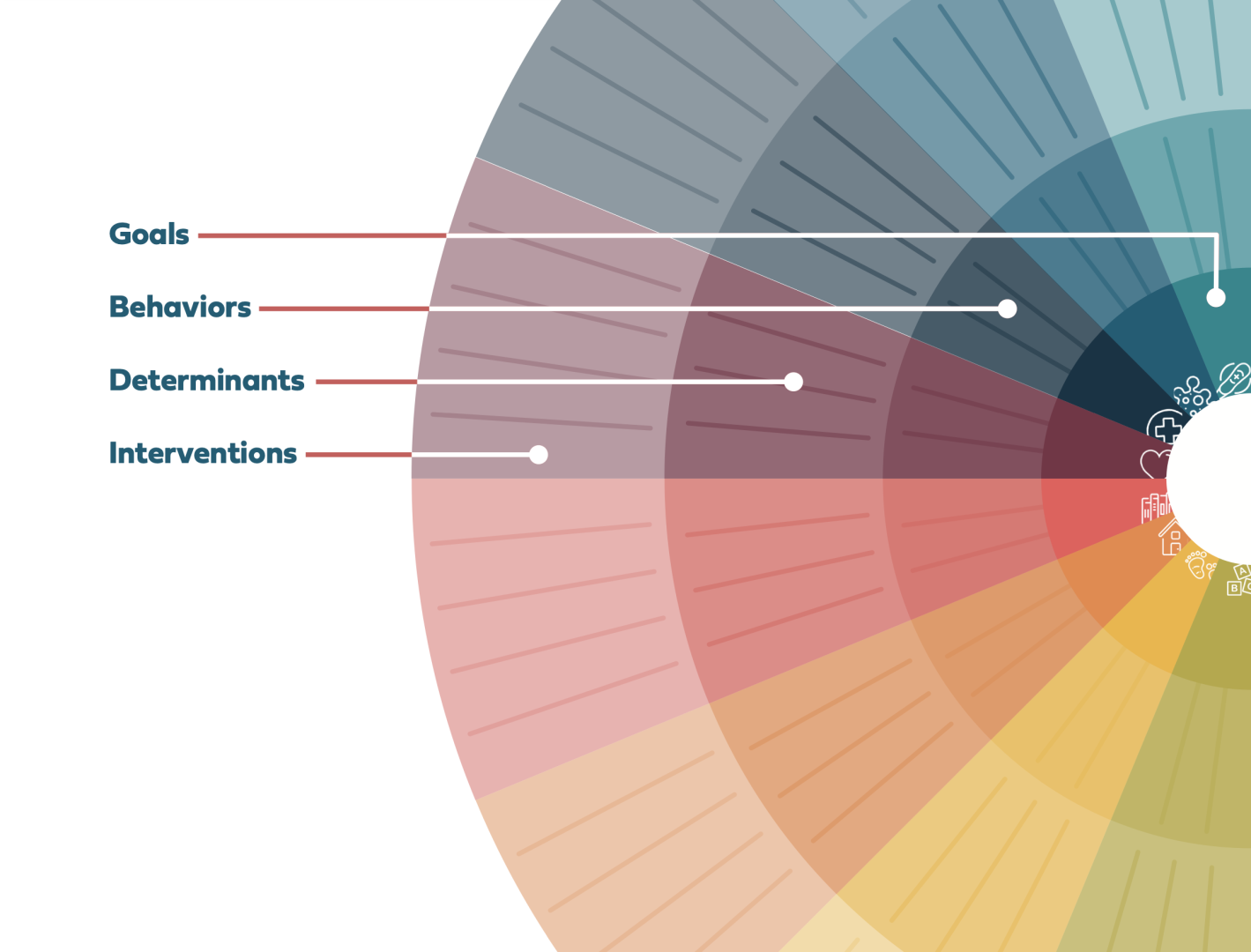Everyone has the opportunity to make a difference in the lives of young people aging out of care. Our contributions will be unique, as our abilities and resources can vary. However, there is always something that we can do.
Service providers who knew Jaden through her participating in a job readiness program and a subsidized housing program heralded her as a “poster child of success” for someone “aging out” of foster care. Jaden, which is a pseudynm to protect her identify, is one of the people featured in the book Some Type of Way: Aging out of Foster Care. While in foster care, she graduated from high school and started her associate’s degree at the local community college. She moved into an independent living apartment, where she lived on her own, with staff members always available on the ground level of the building. At age 19, Jaden left foster care and got her own apartment through a subsidized housing program. She worked in housekeeping at a hotel. Jaden aspired to work as a bartender after she completed a course where she received a bartending certificate. She planned to return to community college as soon as she could pay the fees that were incurred when she withdrew from classes the semester her mother died.
Jaden’s Perspective
While Jaden was being lauded for her successes, she was struggling. She may have “checked the boxes” of having housing, a job, and educational plans; yet life remained challenging for Jaden. The first day that Jaden moved into her apartment she spent the night at a friend’s home because Jaden—a self-proclaimed “scaredy cat”—was afraid to be alone in the apartment at night. It was several days before she felt comfortable by herself in the apartment.
Jaden felt woefully unprepared to live alone. She didn’t know how to operate the gas range and was afraid it would blow up the building. Even after a friend showed her how to use the range, Jaden did not have great cooking skills. Growing up in foster care and group homes had not prepared her for adulthood, she explained: “It’s scary…There is a lot of things I don’t know how to do.”
It wasn’t just the struggling with life skills that made Jaden’s view of herself inconsistent with service providers’ seeing her as successful. Jaden’s housekeeping job was a physically-demanding, part-time, entry-level position that didn’t pay a livable wage. There was also a 90-minute commute each way to the hotel. If Jaden had not received a bus pass and subsidized housing, she knew she would not be able to make ends meet.
Though she was making ends meet with the assistance of programs, Jaden constantly worried about her future. She shared that she didn’t know if she could keep her job in housekeeping because of the long commute and working conditions:
“I don’t know what I’m going to do. I don’t know what I’m going to do. I don’t know where I’m going to be in a month. I don’t know what is going to happen to me. I don’t know if I can keep this up any longer. ‘Cause I hate this job. I don’t know what’s going to happen if I don’t get another job. I don’t know if. I don’t know. I just don’t know. I’m just living every day and, and, kinda doing my best. Just get up and go to work every day.”
“I don’t know what I’m going to do. I don’t know what I’m going to do. I don’t know where I’m going to be in a month. I don’t know what is going to happen to me. I don’t know if I can keep this up any longer. ‘Cause I hate this job. I don’t know what’s going to happen if I don’t get another job. I don’t know if. I don’t know. I just don’t know. I’m just living every day and, and, kinda doing my best. Just get up and go to work every day.”
Jaden feared that she was one step away from being without a home and felt alone: “I have to take care of myself. Nobody’s going to give me money…That is why I get scared. If I quit, you know, or if I don’t just do something, that I can’t fall back on anything but myself.” Jaden’s words were not hyperbolic. She knew others aging out of foster care who were living under a bridge. The fear of losing her job and apartment and needing to live on the streets kept her awake some nights.
Fluidity of Success
Jaden is not alone in her experiences of aging out of foster care. As young people transition out of foster care and into adulthood, they frequently experience hardships. Many of these are caused by structural barriers. While experiencing hardships, young people also display tremendous grit and resilience. They overcome challenges and experience successes.
The paradox of being a poster child of success while also being an embodiment of the challenges highlights the fluidity of success for young people aging out. Getting a job, being in school, or having housing does not end young peoples’ hardships. Struggles continue. As young people transition into adulthood, the structural barriers they face can become larger as they have fewer resources and supports.
Young people aging out of foster care are resilient, yet also in a precarious position where their lives can unravel after a crisis. Jaden knew that losing her job and housing would be catastrophic. Even when young adults are succeeding, a change in one thing can happen that serves as a turning point and potentially alters their trajectory. To make sure that young people aging out like Jaden can successfully transition out of foster care and into adulthood, sustainable support and resources must be offered. It is imperative to make sure that even someone who is considered a “poster child of success” receives support.
Taking Action
What can we do to make sure that Jaden and others aging out of care can be successful? First and foremost, we need to understand the experiences of aging out and commit to helping youth negotiate the transition out of foster care and into adulthood.
Beyond our knowledge of and commitment to young people aging out, there are countless ways that we can support the well-being of and provide smoother transitions for those aging out of care—including action at the policy or agency level. This support can look like investing in young people aging out, preventing child maltreatment, and reforming the child welfare system—all of which could improve the lives of young adults. Services should be expanded to serve young people as they leave foster care and transition into adulthood. The resources and support offered should be developmentally appropriate for young adults, giving them autonomy and opportunities to learn from mistakes.
Everyone has the opportunity to make a difference in the lives of young people aging out of care. Our contributions will be unique, as our abilities and resources can vary. However, there is always something that we can do.
Together, we can help young people aging out of the foster care system; we can:
Be kind. Reach out to others. Build community. Help a family who may be struggling. Check-in on new parents. Fight for equity. Promote diversity. Speak up against injustices. Volunteer at agencies that help children, youth, and families. Become a guardian ad litem. Provide respite care for foster parents. Cook a meal for a foster family. Become a foster parent. Mentor a child or youth. Pursue a career serving children, youth, and families. Donate to agencies serving children and youth. Attend events promoting well-being for children and youth. Support politicians who prioritize child welfare. Advocate for children and youth. Call a senator or representative. Educate ourselves about foster care. Talk about foster care with others. Write an editorial. Fight for change. Make a difference. Get to know youth aging out of foster care. Listen to them. (Some Type of Way: Aging out of Foster Care, p. 211-212)
Listening to young people and learning their stories is something each of us can do, right now.
To learn more about the experience of Jaden and other youth aging out (and get more concrete ideas about how best to help make a difference in their lives), check out Some Type of Way: Aging out of Foster Care.









